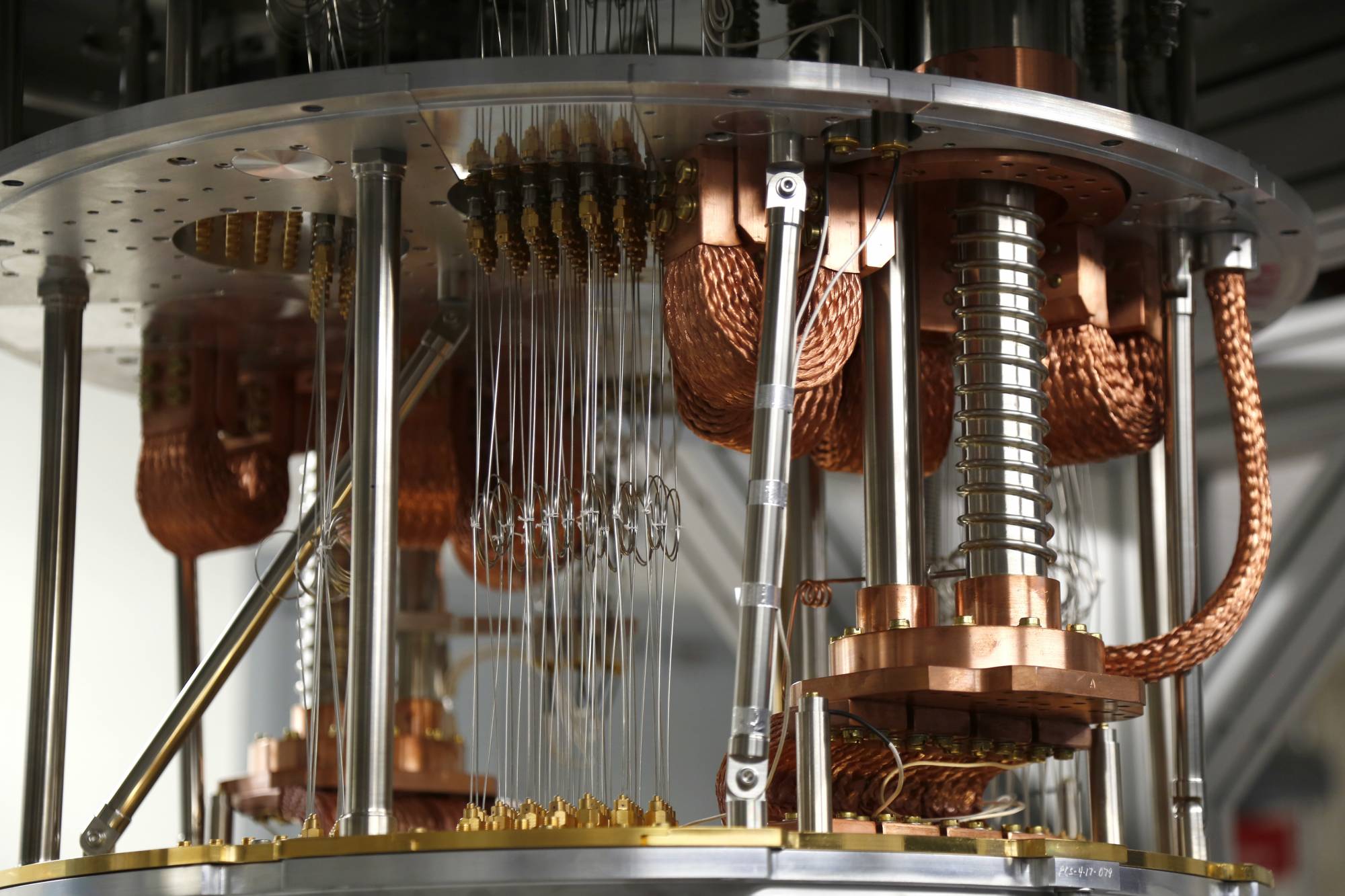Thousands of federal dollars in retention bonuses, are not retained in 2024
In today's Federal Newscast: Thousands of dollars in retention bonuses, are not retained for the new year. Federal facility safety stations get their first upgrade...
- The head of a Bureau of Prisons union local is warning an employee exodus is near, from what he said is an already understaffed prison. Correctional Officer Jon Zumkehr told Federal News Network, the average employee at the Thomson Federal Penitentiary in Illinois will lose $16,000 in salary come January 1. That is after BOP Director Colette Peters declined to renew a special retention salary employees there have been receiving for two years. The facility switched from high to low security earlier this year and Peters said the conditions no longer require the bonus pay.
- Agencies' telework policies have been top of mind during 2023, but they are far from the only change for the federal workforce. Proposed reforms to the hiring process have increased over the last year. That includes proposals like the "rule of many," aiming to offer more flexibility to hiring managers. And an update to the Pathways Program, trying to shift the focus to skills-based hiring. But heading into the new year, agencies hiring multiple candidates off of one job announcement — a strategy called "pooled hiring' — will be critical. “We will continue to build on the success of our multi-agency hiring actions," OPM Director Kiran Ahuja said. So far, there are eight different pooled hiring actions planned for agencies over the next year.
(Telework changes, hiring reforms of 2023 charting a course into the new year - Federal News Network)
- The first update in 15 years to federal facility safety stations is out. Agencies have new guidelines for ensuring federal facilities have the necessary tools to help citizens and others during medical emergencies. The General Services Administration and the Department of Health and Human Services detailed revamped safety station guidelines for the first time since 2009. Agency safety stations now should include not just automated external defibrillators (AED), but also either a bystander-empowered opioid reversal agent or a hemorrhagic control component, or both. Under the new recommendation, anywhere that an AED was previously located should be converted to a safety station to include all the tools. A provision in House Financial Services and General Government appropriations bill report for fiscal 2023 required this update to the guidelines. (GSA, HHS issue new safety station guidelines - Federal Register)
- U.S. Indo-Pacific Command is building a new IT framework to share data between DoD components, partners and allies — with zero-trust principles baked in from the start. It will be called the INDOPACOM Mission Network. A new office to manage the effort reached initial operating capability this month. That office — the Joint Mission Accelerator Directorate — is a collaboration between INDOPACOM and DoD's Defense Innovation Unit. (INDOPACOM to build new info sharing network, starting with zero trust principle - Federal News Network)
- The General Services Administration's OASIS+ governmentwide professional services vehicle is out from under the shadow of a protest. The Government Accountability Office denied the complaint from Boston Consulting Group over the requirement of offerors to provide cost breakdown information for their proposed labor rates. GAO said GSA's requirement for more information about labor rates is reasonable in its efforts to assess a company's cost drivers. GAO found that this approach was the only acceptable method for making reliable and accurate cost and price reasonableness determinations. GSA is currently reviewing proposals under OASIS+ and expects to make an award in early-to-mid 2024.
- Space launch service provider Rocket Lab has won a half-billion-dollar contract to build satellites for the federal government. The company will design, manufacture, deliver and operate 18 space vehicles for an undisclosed federal agency. In a regulatory filing, the company said that work under the contract would begin immediately. The satellite launch is currently scheduled for 2027. The Space Development Agency is developing a network of satellites in low-Earth orbit, and while the customer has not been disclosed yet, SDA Director Derek Tournear mentioned earlier this month that his agency is looking at putting another 18 satellites on contract.(Rocket Lab will build 18 satellites for federal government - Securities and Exchange Commission)
- The Defense Department will conduct joint research with Japan to develop artificial intelligence for unmanned aerial vehicles. The UAVs will fly alongside Japan’s new fighter aircraft. The two countries are hoping to transform airborne combat by merging artificial intelligence and machine learning with UAVs. The move is a result of a joint statement on cooperation the U.S. and Japan signed last year. Earlier this year, President Joe Biden announced that the U.S. will work alongside Australia and Japan to develop next-generation military drones.
- The office of the undersecretary of Defense for research and engineering has laid out policies and procedures for implementing and using digital engineering in the development and sustainment of defense systems. The new document directs the Defense Department to use digital engineering technologies and practices through the life cycle of Defense acquisition programs and systems to support research and engineering activities. It also outlines responsibilities for the undersecretary of Defense for acquisition and sustainment, chief information officer and chief digital and artificial intelligence officer. Heidi Shyu, the under secretary of Defense for research and engineering, who signed the policy, indicated that her office will ensure it reevaluates training of the DoD workforce to better implement digital engineering across the entire acquisition life cycle.(DoD establishes policy, assigns responsibilities for digital engineering implementation - Defense Department)
- The Agriculture Department has launched a program to speed disbursement of $2 billion for rural green energy. It plans to hire 40 climate change fellows. Their job will be to help farmers and rural small business access loans or grants under the Rural Energy For America Program. The first of four application periods opens this weekend. The money is aimed at helping rural areas build new, renewable energy sources. The Climate Change Fellows themselves are funded by Inflation Reduction Act money and USDA will hire them for limited-time appointments in the accepted service.(USDA Accepting Applications for 40 Climate Change Fellows - Agriculture Department)
- Nominations are now open for the 2024 Presidential Rank Awards. Agencies can submit nominations for any senior-level feds they believe have made significant contributions to public service. Earning a Presidential Rank Award is widely considered one of the most prestigious accomplishments for career federal employees. Applications for the 2024 awards are due by February 16 and should be submitted electronically. Nominees will go through a rigorous evaluation process and the winners will be announced next year.(Call for nominations for 2024 Presidential Rank Awards - Office of Personnel Management)
Copyright © 2025 Federal News Network. All rights reserved. This website is not intended for users located within the European Economic Area.
Peter Musurlian
Peter Musurlian is a producer at Federal News Network.
Follow @PMusurlianWFED






